Performance of solar panels in different weather conditions
Solar power is the efficient, inexpensive, and accessible way to reach a clean energy future. With technology increase, solar panels become a more and more popular source of receiving renewable energy. The PV module’s performance is different due to weather. Anyway, there are some uncertainties about solar panels that revolve around things like Extreme heat, cloud cover, and shade, rain, or snow.
Here’s all you need to know about how varying weather conditions can affect the performance of your solar PV cells:
Cloudy weather
Generally, solar panels generate electrical power under both direct and diffuse light. Even on less than clear and sunny days, solar cells can still generate a surprising quantity of electricity. While natural light is solar energy that moves straight from the sun to the ground, diffuse light has been scattered by particles in the atmosphere such as rainy clouds before reaching the earth. In other words, solar panels can still be productive even when the weather is cloudy. PV modules can produce between 30-50% of their optimal capacity in such conditions. The output depends on cloudy coverage.
Snowy weather
During winter, solar panels work fine. A thick layer of snow can certainly affect the energy production of the PV cells, a bit of snow is not that bad for the panels as some sunlight can still pass through. Further, rooftop installations are usually done in a way that the snow slides off naturally. Surprisingly, the blanket of snow around the home can increase solar energy generation as the radiation reflected from the snow acts as a mirror. This, in turn, increases the intensity of the radiation reaching the solar panels in winter.
Extreme weather
One of the many misconceptions surrounding the weather effect on solar panels is high temperatures can increase the efficiency of the panels. As strange as it may sound, solar panels are more productive when temperatures are low. High temperatures reduce the power output of the PV cells due to voltage drop. Thus, a cool sunny day is a lot better condition for the optimal functioning of the solar panels.
Also lightning can affect solar panels and inverters based on how it strikes the panels. For instance, a direct lightning strike can even melt the panels. Indirect lightning strikes, which are more common than direct strikes, can result in voltage surges causing damage to several components of the system.
Windy weather
Although modern panels are designed to withstand winds up to 90 mph, poorly designed panels may not perform that well. Even when the system fails, the limiting factor is seldom the panels. In most cases, the problem is caused due to issues in the racking system or the roof where the panels are mounted. Dust and flying debris are other elements that can affect the panels in windy conditions. However, most solar panels are resilient enough to withstand rough weather conditions.
With the advancement in technology, solar panels are getting resilient and productive even in difficult weather conditions. The customers must understand the conditions of their region and then make informed decisions regarding which panel to choose.
PowernSun is glad to bring high-quality PV modules around the world. Our mono and bifacial modules are made with Grade A cells and certified (according to IEC 61215, IEC 61730)
All our certifications are available in our download center.
To learn more about our solar panels visit our products page click here.
For more information regarding our PV module, please feel free to contact us: info@powernsun.com
Related post :
Solar system in expo 2020 Dubai


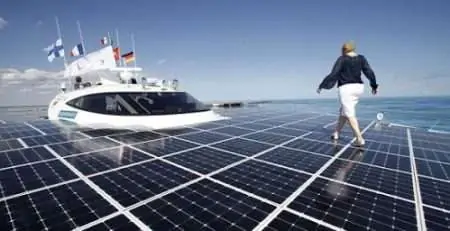
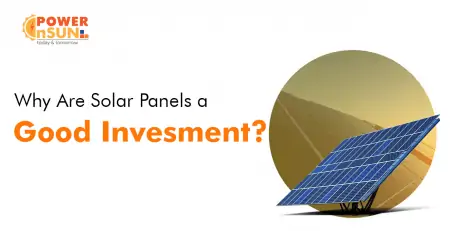
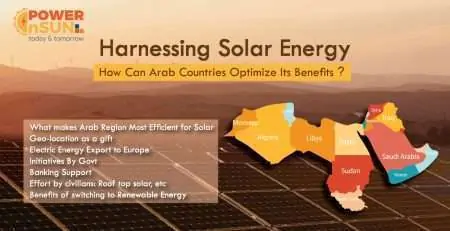
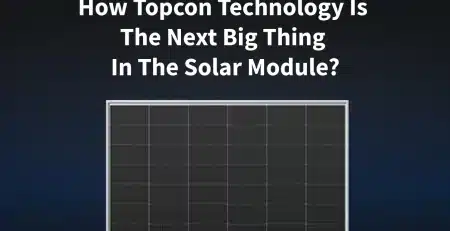
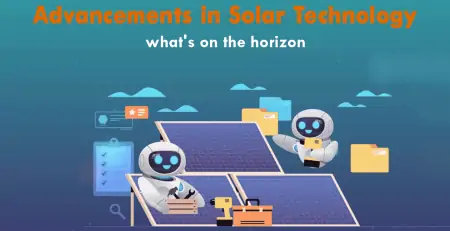
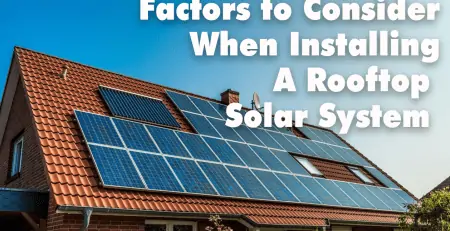
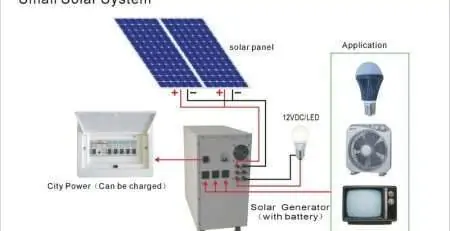
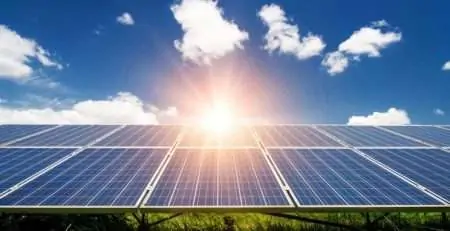
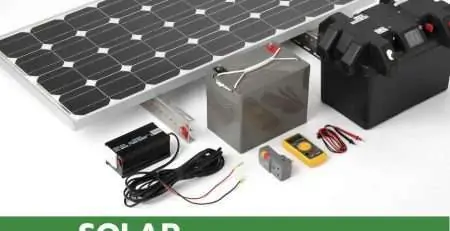


Leave a Reply